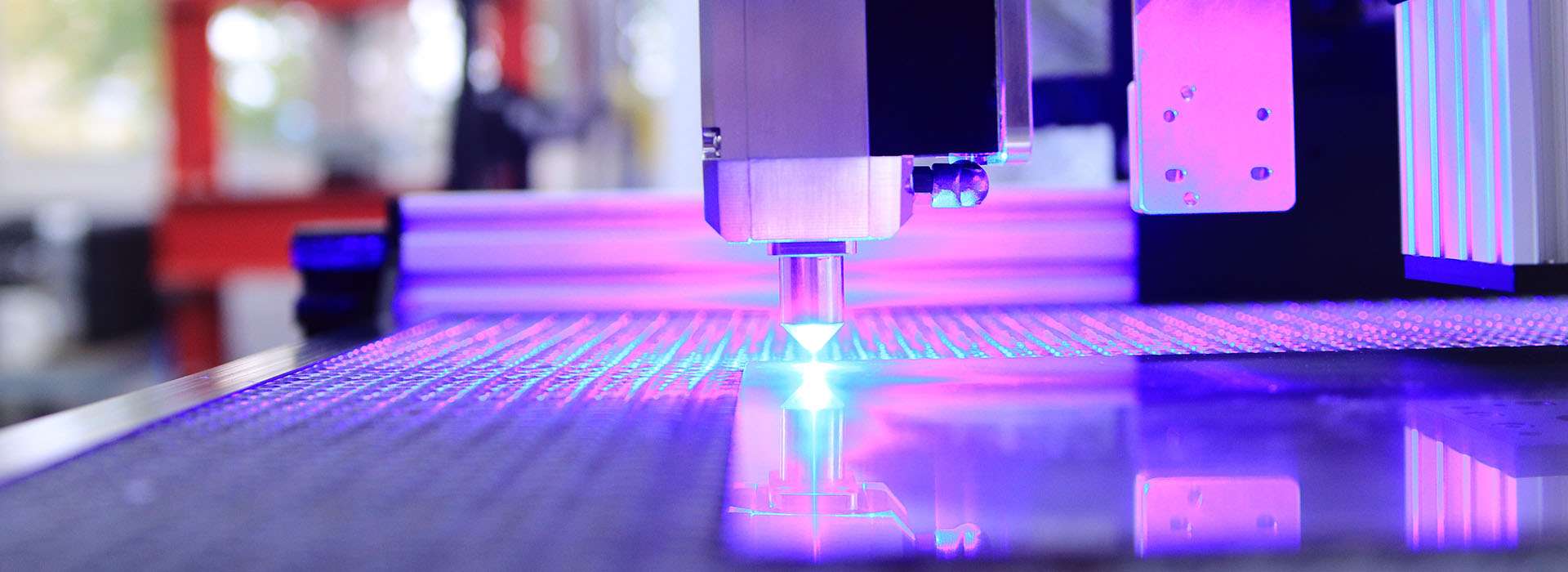The main hazards associated with the use of lasers are harm to the eyes and skin, but when using lasers it is important to consider the associated risks from electrical supply, cryogenic liquids or chemical dyes which also require to be managed.
In order to ensure that laser safety is maintained at RGU there is a Laser Safety Policy and guidance to provide further information.
Purchase and Use of Laser Devices
Purchase and use of fully enclosed and complete ‘CE’ marked Class 3B and Class 4 laser devices without experimental or research applications is controlled by Laser Chart 1.
Any other Class 3B and Class 4 laser devices and those used for experimental or research purposes are controlled by Laser Chart 2.
Laser Safety Management
Laser Safety Supervisor
The University has appointed Dr Radhakrishna Prabhu as its Laser Safety Supervisor. Within this role, Dr Prabhu has the following duties:
- To provide guidance to the supervisor and laser user on laser safety management
- To maintain and audit the Schools Laser Safety Management Programme
- To liaise with the Laser Protection Adviser as necessary.
- Telephone: 01224 262252
- Email: r.prahbu@rgu.ac.uk
Laser Protection Adviser
The University has appointed the UK Health Security Agency as its Laser Protection Adviser.
UK Health Security Agency, CRCE. Radiation Protection Services, Oak Park Lane, Cookridge, Leeds, LS16 6RW.
- Principal Contact: Dr Adam Lowe
- Secondary Contact: Dr Nigel Cridland
The UK Health Security Agency is also responsible for delivery of the Radiation Protection Adviser contract to the University, which covers use of ionising radiation.

